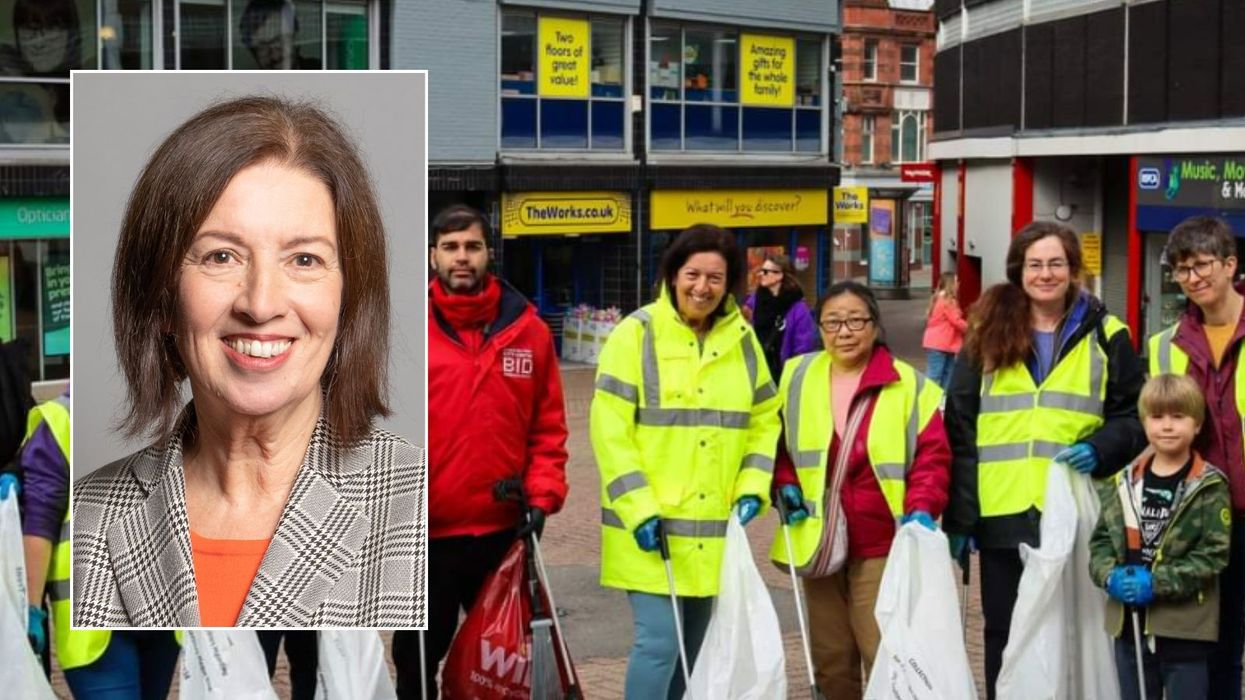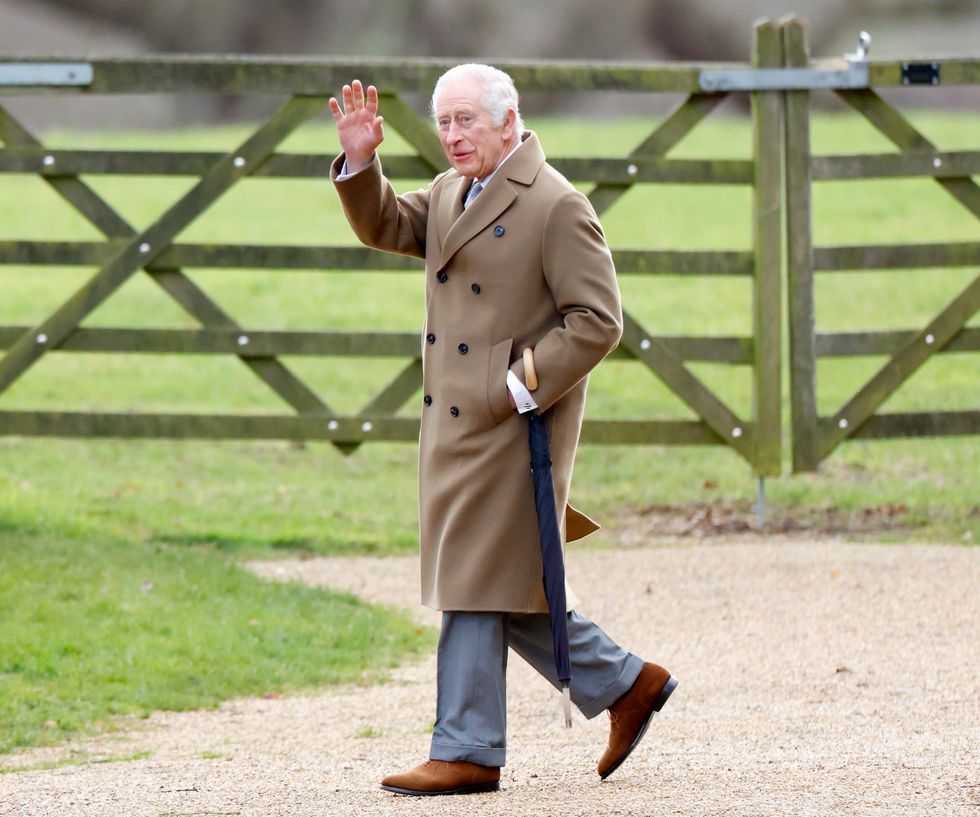'Volunteering is the backbone of Britain but there's an elephant in the room,' writes Jo Gideon

Joe Gideon shares how local community has been improved thanks to The Big Help Out
|JO GIDEON/PARLIAMENT
The voluntary sector needs more funding
Don't Miss
Most Read
Volunteers’ Week this year is Monday 3 June – Sunday 9 June. Celebrating its 40th year, it is an opportunity for charities and the wider public to recognise and thank the UK’s incredible volunteers for all they contribute.
During Volunteers Week, the Big Help Out looks to encourage those who have got out of the habit of volunteering, or never had the opportunity, to discover how they might be able to give their time.
The Big Help Out was established last year to mark the King’s Coronation, when His Majesty, King Charles III, committed to serve his people.
Throughout that week, some seven million people joined the initiative across the United Kingdom. In His Majesty’s words: “The Coronation became a moment not just to celebrate continuity and nationhood, but also the values that we have long held dear: kindness, compassion and service to others.”
When people are asked why they volunteer, the most common answer is the desire to make a difference. But people also gain a sense of achievement by volunteering.
They make new friends, gain new skills, and improve their career prospects.
 The King encouraged individuals to volunteer for the Big Help Out scheme | Getty
The King encouraged individuals to volunteer for the Big Help Out scheme | GettyIndeed, a recent report by the British Heart Foundation found that volunteering has clear benefits for the individual and can play a key role in contributing to the Government’s ambitions around increasing healthy life expectancy, Levelling Up and tackling loneliness.
Some 94 per cent of volunteers agreed that volunteering had helped them to feel less isolated or lonely. A further 92 per cent agreed that volunteering had helped their mental health and 80 per cent agreed that it had helped their physical health.
From organising local football teams, scout leaders, literacy mentors and St John Ambulance – it is hard to imagine life without the input of volunteers.
However, there is no current, effective strategy for volunteering in England, and the UK does not measure the work of volunteers and voluntary organisations so, whilst we know it is essential, we cannot fully assess its contribution to society.
Volunteers keep our communities clean with litter picking, high streets alive and preserve our national heritage. Many high streets would be completely abandoned without the presence of charity shops, and we would lose the soul of our towns and cities.
Charities are reliant on volunteers to run their retail operations, without which many would cease to exist, as the bulk of their income is generated through commercial activities.
Equally, many heritage sites, for instance, National Trust properties, would not survive without an army of volunteers, and passing our knowledge of history on to future generations would be impossible.
Many charities are victims of their own success. They often deliver vital services that the public values and which are not currently (or fully) delivered through public sector bodies.
MORE AGENDA-SETTING OPINION:
A team of St John Ambulance vaccination volunteers at the ESSA Academy site in Bolton, Greater Manchester
|PA
The voluntary sector is often asked to do more but without the funding to match. The increase in need is not being matched by an increase in volunteering capacity.
This is a major concern for charities, with 40 per cent reporting that a lack of volunteers has stopped them from meeting their main objectives.
Small charities particularly, which make up 80 per cent of the 165,000 registered charities in England, are facing huge issues with volunteer recruitment and retention.
A terrific opportunity to grow the volunteer base could be through social prescribing, but funding needs to support organisations at the delivery end.
It moves us away from medicalising every person's needs and looking to help in a different, community-based way. Volunteering provides the opportunity for many to reconnect with their communities and feel valued.
Encouraging volunteering represents a great return on investment for any Government because growing our social fabric will improve the wellbeing of the nation and will ensure a healthier, more resilient, and more productive society.










